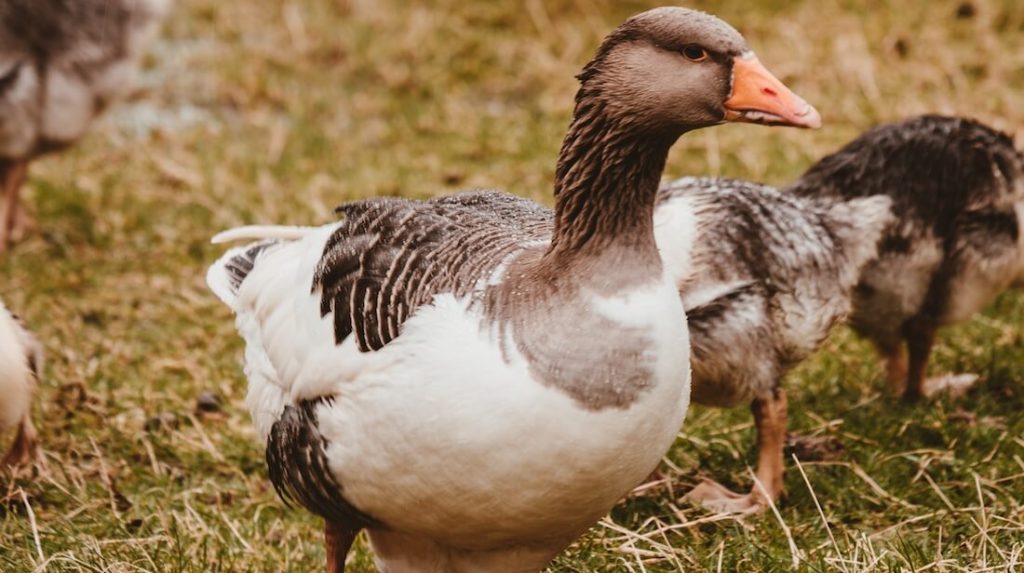The rising popularity of a vegan diet may hinder the growth of the global duck meat market, according to a new report released by London-based market research firm Technavio.
Experts predict that the global duck meat market will grow slower than expected at a CAGR (compound annual growth rate) of 4.59 percent between 2018-2022. Researchers identified two factors, veganism and the rise of clean meat, as potential challenges to the market.
“One trend affecting this market is the development of lab-grown meat,” said a Technavio researcher. San Francisco-based food technology company, Memphis Meats, is one such company. Last March, the brand announced that it hoped to bring its clean chicken and duck meats to market as soon as 2021. Using an emerging food technology known as “cellular agriculture,” Memphis Meats is able to grow slaughter-free meat from real animal cells. According to the company, the process generates 99 percent fewer greenhouse gas emissions than traditional poultry farming.
Further, the report indicates that rising interest in plant-based food, referred to as the “Threat of Substitutes” in the table of contents, may also challenge the market.“The number of people opting for vegan food choices has increased by 300% over that last decade,” the report states.

The rise of veganism
In recent years, the plant-based food category has shifted from a niche market into the mainstream. According to a report released by leading global market research firm Nielsen, vegan food sales topped $3.3 billion in 2017. The market is expected to continue to grow, with plant-based proteins particularly popular — experts predict that the global vegan and vegetarian meat market is set to exceed $6 billion by 2023.
Both consumer preferences and perceptions of “meat” are changing. Research released by Mintel last February showed that 52 percent of Americans prefer the taste of plant-based protein. Further, a survey conducted by Memphis Meats showed that 60 percent of consumers are open to trying slaughter-free clean meat.
The shift in consumer habits is driven primarily by Millennials and members of Generation Z who are making conscious efforts to cut animal products out of their diet. This is typically due to concerns related to personal health, environmental sustainability, and animal welfare.


